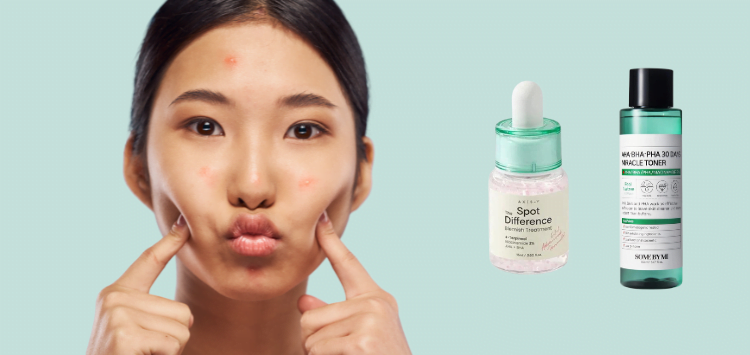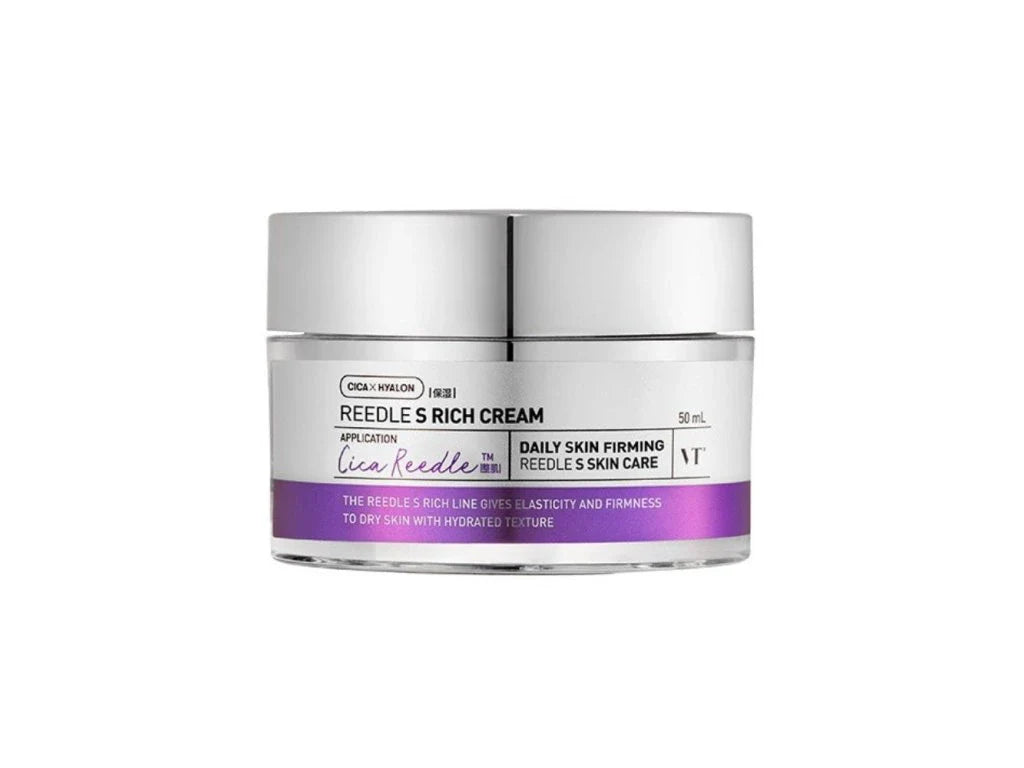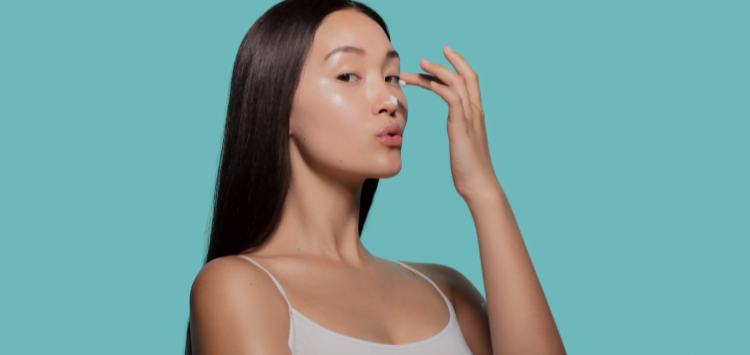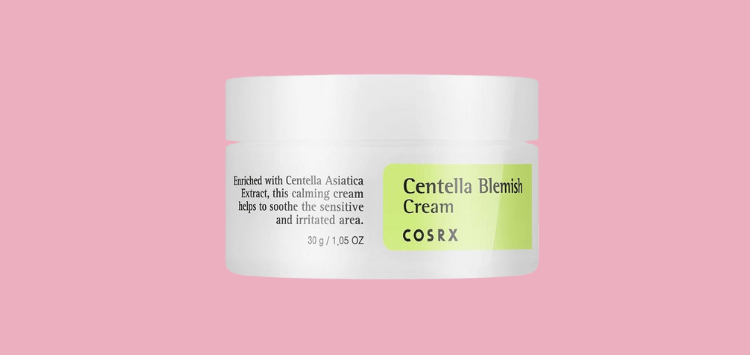Acne vulgaris, a common skin condition affecting individuals aged 9 years and older, is a source of frustration and concern for many. However, hope shines bright as evidence-based recommendations emerge to guide us in the battle against blemishes.
In a recent study, a dedicated workgroup embarked on a mission to demystify the management of acne. Their journey led to the discovery of 18 evidence-based recommendations and 5 good practice statements, paving the way for clearer skin and boosted confidence.
The cornerstone of acne management lies in powerful ingredients and treatments. Among the stars of the show are benzoyl peroxide, topical retinoids, topical antibiotics, and oral doxycycline, hailed for their efficacy in combating acne.
For those facing severe acne, acne causing psychosocial distress, or scarring, oral isotretinoin emerges as a beacon of hope. Its strong recommendation underscores its effectiveness in challenging acne cases.
But the journey doesn’t end there. Conditional recommendations shine a spotlight on topical salicylic acid, azelaic acid, as well as other ingredients listed below. These options offer a diversified arsenal against stubborn breakouts. Some of the skincare we sell in our shop contain some of these ingredients that are available over the counter.
Guiding us along the path to clear skin are good practice statements advocating for strategic combinations of therapies. By blending topical treatments with multiple mechanisms of action, limiting systemic antibiotic use, and harnessing the power of intralesional corticosteroid injections, we arm ourselves for victory against acne. In conclusion, these evidence-based recommendations provide a roadmap to clear, radiant skin for individuals grappling with acne vulgaris. With the right tools and guidance, we can unlock the code to healthier, happier skin.ig
Topical treatments
Topical therapies are the mainstay of acne treatment: they may be used for acne initial treatment and maintenance as monotherapy (except topical antibiotics prescribed by doctor) or used in combination with other topical or oral agents (ie. Vitamins). Commonly used topical therapies include topical retinoids, benzoyl peroxide (BP), salicylic acid, and azelaic acid. When managing acne with topical therapies, multimodal therapy combining multiple mechanisms of actions is recommended as a good practice statement to optimize efficacy.
Topical retinoids
Topical retinoids are vitamin A derivatives and serve as the cornerstone of acne treatment since they are comedolytic and anti-inflammatory, improve dyspigmentation, and enable maintenance of acne clearance. Four types of topical retinoids, including topical tretinoin,58 adapalene,59 tazarotene,60,61 and trifarotene,62 are FDA-approved for acne treatment in the US. Each retinoid binds to a different set of retinoic acid receptors and confers modest differences in activity, tolerability and efficacy.
Benzoyl peroxide
Benzoyl peroxide (BP) is an over the counter topical treatment for acne, acting as an antimicrobial agent by releasing oxygen radicals and mildly reducing comedones. Studies support its effectiveness in treating acne, with a higher success rate compared to a placebo. It effectively reduces both inflammatory and noninflammatory lesions. However, its use may lead to side effects like burning sensation, dryness, and irritation, which can vary depending on the concentration and formulation used. It’s important to note that BP has not been associated with resistance in the acne-causing bacteria Cutibacterium acnes.
Salicylic acid
Salicylic acid, an over-the-counter topical agent, acts as a comedolytic agent and is available in concentrations ranging from 0.5% to 2%. We conditionally recommend salicylic acid for acne treatment based on moderate certainty evidence from one randomized controlled trial (RCT). This study demonstrated a 25% greater reduction in inflammatory lesions, an 11% greater reduction in open comedones, and no significant difference in closed comedones when using 0.5% salicylic acid compared to a placebo over a 12-week period. Additionally, the use of salicylic acid in chemical peels, ranging from 10% to 30%, is discussed separately in the physical modalities section.
Azelaic acid
Azelaic acid, a topical agent with comedolytic, antibacterial, and anti-inflammatory properties, is particularly beneficial for individuals with sensitive or darker skin types due to its ability to lighten dyspigmentation. We conditionally recommend the use of topical azelaic acid for acne treatment based on moderate certainty evidence obtained from three randomized controlled trials (RCTs). One of these trials, involving 92 patients, demonstrated that 28% more individuals using azelaic acid 20% cream twice daily achieved a 50% to 100% reduction in total lesion count compared to those using a placebo over a three-month period.
Products that help manage acne
Korean skincare brands known for incorporating ingredients commonly used in acne management:
- COSRX: This brand offers a wide range of products containing ingredients like benzoyl peroxide, salicylic acid, and retinoids.
- Klairs: Known for their gentle formulations, Klairs products often include ingredients such as azelaic acid and vitamin C, which can be beneficial for acne-prone skin.
- Some By Mi: This brand focuses on addressing various skin concerns, including acne. Their products may contain ingredients like tea tree oil, niacinamide, and AHA/BHA for exfoliation and acne control.
- Dr. Jart+: Offering innovative skincare solutions, Dr. Jart+ products may contain ingredients like centella asiatica, which has anti-inflammatory properties and can help soothe acne-prone skin.
- Benton: With a focus on natural ingredients, Benton products may include snail mucin, which has hydrating and soothing properties that can benefit acne-prone skin.
- Missha: This brand offers a variety of skincare products containing ingredients such as retinol, hyaluronic acid, and botanical extracts, which can help address acne and promote skin health.
- Purito: Purito products often contain gentle yet effective ingredients like centella asiatica, niacinamide, and hyaluronic acid, suitable for acne-prone and sensitive skin types.
- Etude House: Known for their fun and innovative products, Etude House offers skincare solutions containing ingredients like salicylic acid, tea tree oil, and witch hazel, which can help manage acne and control excess oil.
- Laneige: This brand offers hydrating skincare products that may contain ingredients like hyaluronic acid and vitamin C, which can help balance and brighten acne-prone skin.
- Innisfree: Innisfree products often feature natural ingredients like green tea, volcanic clay, and Jeju minerals, which can help control oil production and purify acne-prone skin.
These brands offer a variety of products formulated with ingredients commonly recommended for managing acne, catering to different skin types and concerns. It’s essential to choose products that suit your skin’s needs and to patch-test new products, especially if you have sensitive or acne-prone skin.





